Understanding the Formation of Sociotechnical Thinking in Engineering Education
This research is funded by the National Science Foundation Grant number: EFC-1664242. Any opinions, findings, and conclusions or recommendations expressed in this material are those of the author(s) and do not necessarily reflect the views of the National Science Foundation.

What are we doing?
This research examines the processes by which students acquire sociotechnical thinking in mechanical and electrical engineering courses and the impacts of sociotechnical integration on their engineering habits of mind.

What are our Goals?
Often in undergraduate engineering students have a misconception that engineering prioritizes technical work over all else. Our goal is to bridge the gap between industry and undergraduate engineering education.
Our main points of focus are:
1) To increase understanding of the processes by which students form their abilities to engineer sociotechnically,
2) To understand how sociotechnical thinking impacts students’ engineering habits of mind, and
3) To increase the transferabilitiy of sociotechnical integration methods between courses.

How are we doing this?
Our research involves analyzing student responses to pre- and post-course instruments measuring sociotechnical understanding. We also design and evaluate assignments to promote the students’ abilities to demonstrate sociotechnical thinking. Lastly, we conduct and analyze focus groups to understand students’ values, skills, and identities as engineers vis-a-vis sociotechnical thinking.

Where are we located?
Our primary focus is at two public Colorado universities: the Colorado School of Mines and the University of Colorado Boulder. We are studying a first year engineering class at CU Boulder, a third year electrical engineering class at Mines, and a second year mechanical engineering class at Mines. Our research team is based at Mines, CU Boulder, Texas Tech, Western State, and San Francisco State University.
Published Papers
- Measuring changes over time in sociotechnical thinking: A survey validation model for sociotechnical habits of mind (ASEE)
2019
- Sociotechnical habits of mind: Initial survey results and their formative impact on sociotechnical teaching and learning (ASEE)
- Pain and gain: Barriers and opportunities for integrating sociotechnical thinking into diverse engineering courses (ASEE)
- Is Sociotechnical Thinking Important in Engineering Education? Survey Perceptions of Male and Female Undergraduates (ASEE)
2020
2021
- Exploring the Nexus Between Students’ Perceptions of Sociotechnical Thinking and Construction of their Engineering Identities (ASEE)
- Faculty Interpretations of Sociotechnical Thinking in their Classrooms: Techniques for Integration (ASEE)
Materials and Resources
NSF EEC Grantees Conference Material
- Slides for “Creating Space for Sociotechnical Thinking in Engineering Education,” presented at our grantee-led session, in which we described our project and introduced our Interview Assignment (see below)
Classroom Material
- Interview Assignment – one version used in Fall 2019 (fillable Word document). The Interview Assignment was deployed in all three of our classes to help students gain insight into different perspectives in problem definition and solution. It is designed to be adaptable to a variety of engineering classes.
- Grading Rubric for Interview Assignment (2) (Word). An example from one of our classes used to grade the submissions.
- Student Reflection Assignment (Word). used to help students reflect on their experience with the interview assignment
- Check back soon – we are still adding material
May 13, 2021 Workshop on Sociotechnical Thinking
- Workshop slides (PDF)
July 26, 2021 ASEE Workshop on Sociotechnical Thinking
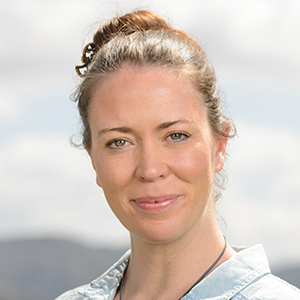
Dr. Jenifer Blacklock
Principal Researcher

Dr. Stephanie Claussen
Principal Researcher

Dr. Kathryn Johnson
Principal Researcher
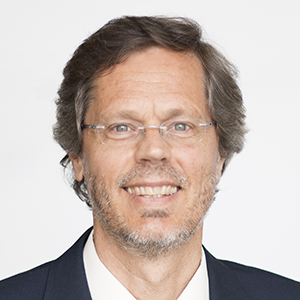
Dr. Jon Leydens
Principal Researcher

Dr. Barbara Moskal
Principal Researcher

Dr. Janet Tsai
Principal Researcher
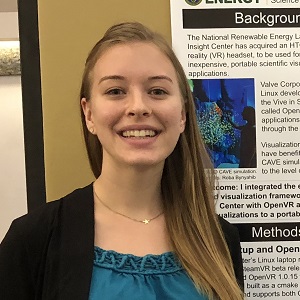
Alyssa Boll
Former Undergraduate Research Assistant

Colin Endsley
Former Undergraduate Research Assistant
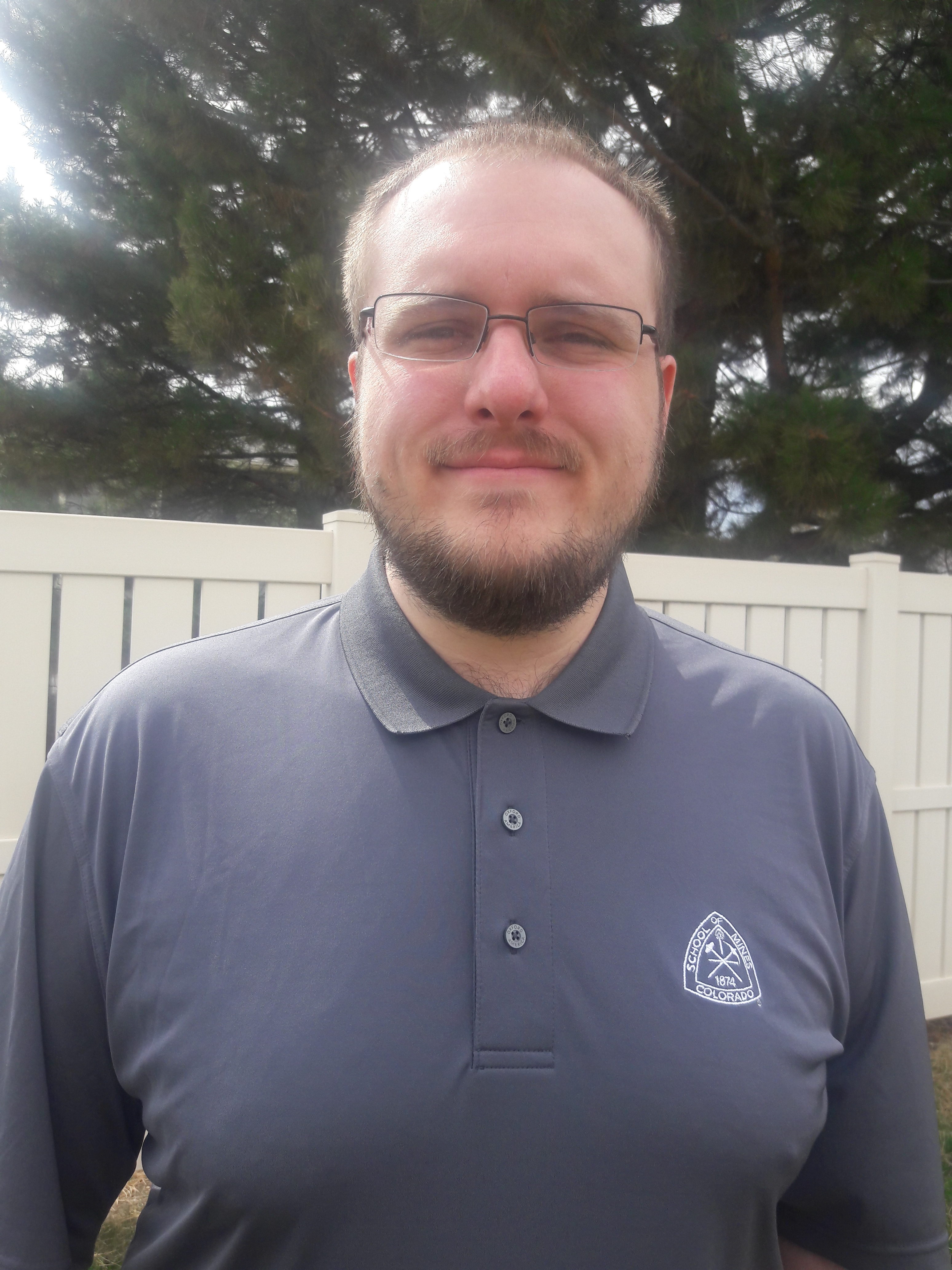
Randy Cook
Former Graduate Research Assistant

Jacquelene Erickson
Former Undergraduate Research Assistant
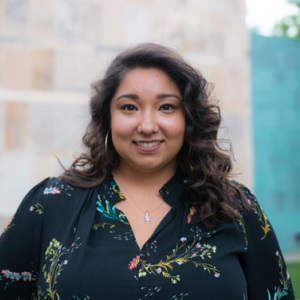
Olivia Cordova
Former Undergraduate Research Assistant
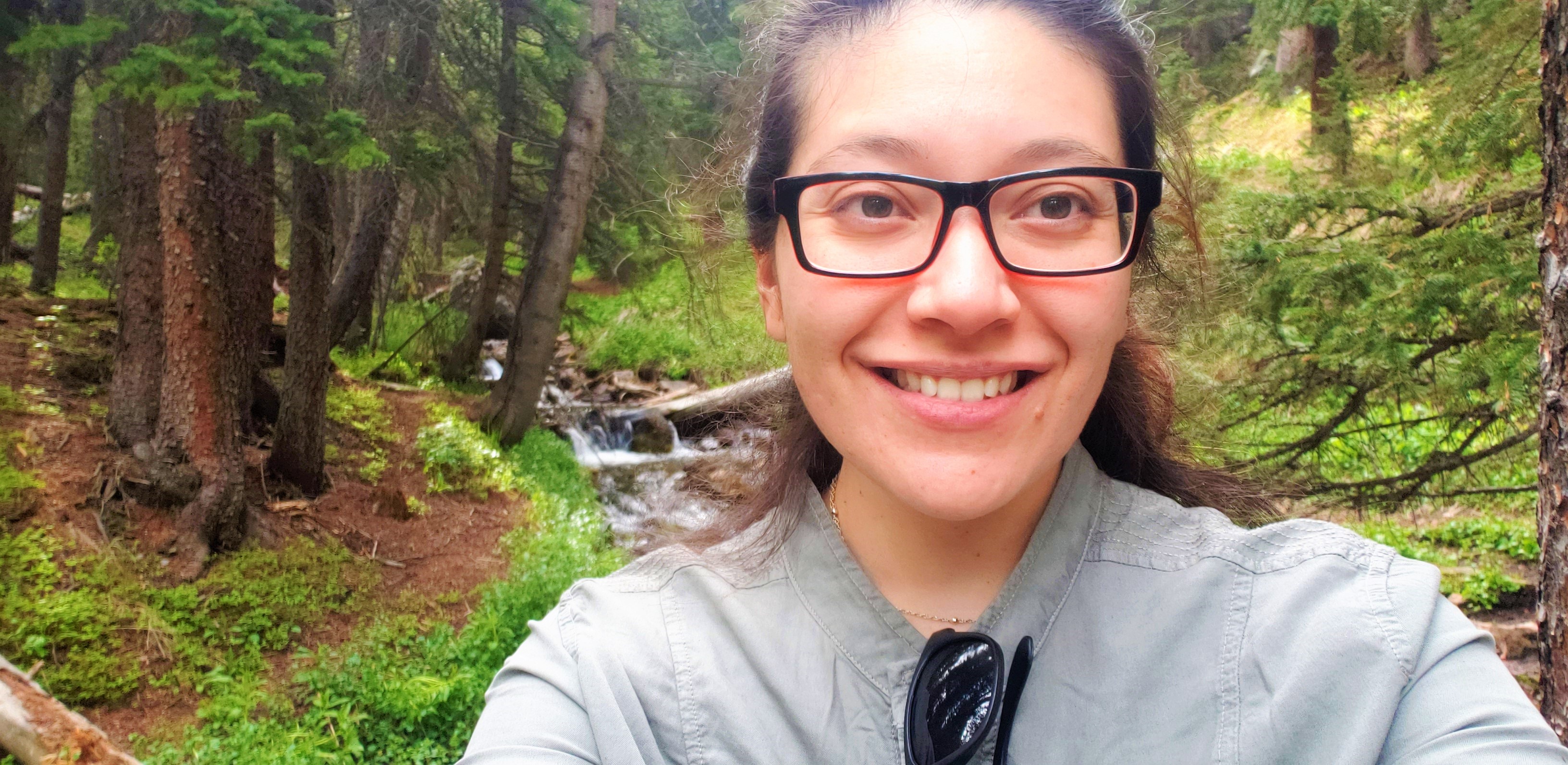
Natalie Plata
Undergraduate Research Assistant

Brandon Dickerson
Former Undergraduate Research Assistant
Connect with us!
Please use this form to let us know if you'd like to connect with us in some way on this research.